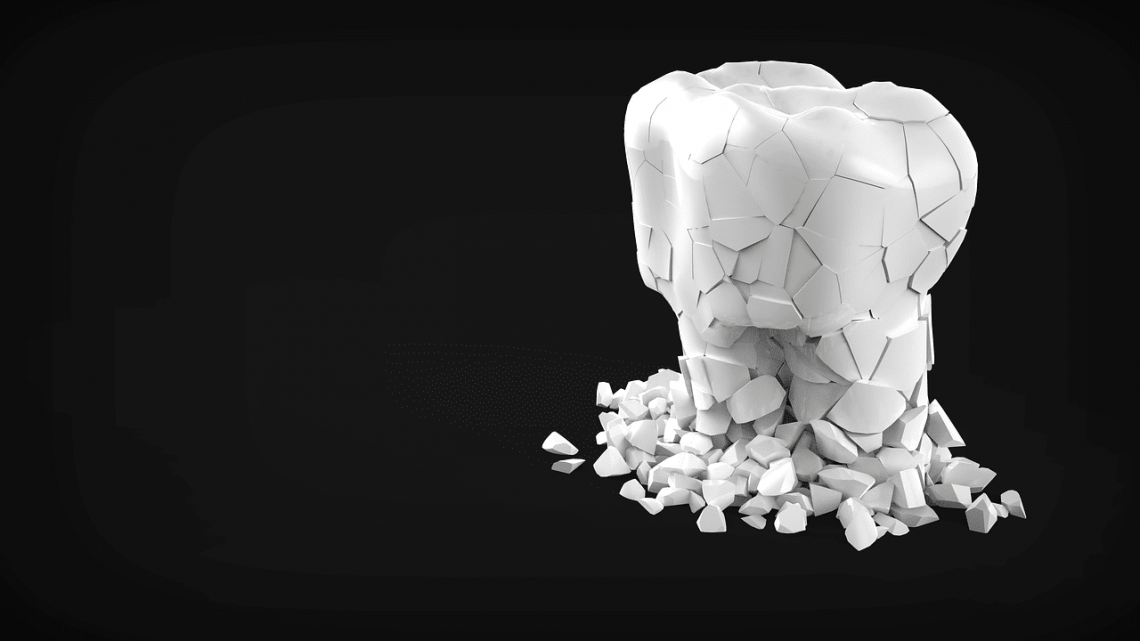Modern dentistry has many wonderful treatments and interventions that have helped to reduce the need for tooth extractions in many cases. Unfortunately, no matter how good dentistry gets, there will always be reasons teeth should be removed from the mouth. From cosmetic concerns to injury to just unfortunate genetics, extractions are sometimes a necessary part of life.
Reasons For Tooth Extraction
The most commonly extracted teeth are the third molars, commonly called the wisdom teeth. These are the last teeth to “erupt” from the gum, and often lack the space to grow properly. Wisdom teeth extractions are very common, but not necessary for every single person. We’ll cover wisdom teeth in greater detail further down the page.
Besides wisdom teeth that cause complications, the most common reason to extract teeth is disease. Dental cavities and severe tooth infections account for around a third of all tooth extractions in hospitals.
Damage, injury, or loss of supporting bone (typically also due to diseases) are also reasons to have teeth extracted.
Extraction is rarely the first treatment recommended for a tooth outside of certain circumstances. Wherever possible, it’s always preferable to leave natural teeth in their place as long as they are able to be restored and function. Nothing compares to having a natural tooth in the mouth.
There are some cases though where an otherwise healthy tooth does need to be extracted for the overall health of the mouth. These include:
- Removing extra teeth that prevent other teeth from coming in through the gum.
- Removing stubborn baby teeth.
- Removing teeth to make more room if a person is getting orthodontic treatment such as braces or aligners.
How Are Teeth Extracted?
There are two main methods of extracting teeth. These depend on whether the tooth has erupted through the gum yet, and how easily accessible they are.
Simple extractions are performed on a tooth that’s erupted from the gum and is visible in the mouth. This is performed by a general dentist in a dental clinic. Simple extractions only require local anaesthetic in the vast majority of cases.
Surgical extractions are used in more complex cases. Teeth that haven’t erupted properly, or are impacted, might require the surgeon to open the gum to access. If the crown of a tooth breaks off but leaves the root in place, a surgical extraction is usually necessary.
Surgical extractions are usually performed under conscious sedation and local anaesthetic. Rarely is it necessary to get a tooth extracted under general anaesthetic, but it is an option.
Alternatives to Tooth Extraction
Realistically there are no alternatives to tooth extraction. If a tooth needs to be removed, it will be removed.
However, there are treatments that can be used to prevent extraction in the case of a tooth that is not entirely hopeless.
If a tooth is damaged, a dentist will first try to restore it. This restoration might take the form of a crown or veneer, restoring the structural integrity and functionality of the tooth.
Infected teeth can sometimes be preserved using a root canal treatment. The tooth cannot, unfortunately, be “saved”, as the tooth will be dead after the treatment, but it can remain in the mouth and functional for years afterwards.

Wisdom Teeth Extractions
Some people never have problems with wisdom teeth. In fact, some people naturally don’t even have wisdom teeth — accounting for some 10% of the population.
Unfortunately, in many cases, wisdom teeth lead to problems. One of the most common issues is they become impacted, unable to properly erupt through the gum. This can lead to things like cysts, infections, and periodontitis.
To decide whether to remove wisdom teeth or not, your dentist will first perform a comprehensive check of your teeth and jaw. X-Rays will be used to see under the gum and bone to see the exact positioning of the wisdom teeth and assess their viability.
Sometimes a wisdom tooth causes problems when it erupts from the gum, but then settles down once it finishes. Your dentist will also check for these situations, so a tooth isn’t extracted unnecessarily. Sometimes the “wait and see” approach is best.
If, after examination and observation, the dentist decides the tooth must go, then it’s advisable to have the tooth extracted.
When one wisdom tooth is targeted for extracting, it’s best to extract all of the others as well. Removing a single tooth can mess with your bite (the way your teeth sit together), which can, in turn, cause a range of issues later on. A missing tooth on one arch on one side of the mouth can cause problems both for the teeth opposite it, and on the other side of the jaw.
How Hard Is It To Remove Wisdom Teeth?
As we said above, there are two types of extraction (simple and surgical), and this holds true for wisdom teeth. Some are very simple chair-side procedures, others require surgery.
Factors that can determine how difficult the case is, include:
There are a few factors that determine how difficult an extraction will be. These include:
- Is this an early extraction or have problems started?
- Is the tooth impacted, and if so, how bad is it? Is it crowning, or is it completely sideways in the jaw?
- How much space is there in the mouth for operating?
- How close is the tooth to important nerves in the jaw?
- Is there a severe infection, decay, cyst, etc?
Tooth Extraction Post-Operative Care
The common perception is that teeth removal, particularly wisdom teeth extractions, results in a patient heavily sedated, delirious, swollen, and in incredible pain for many days.
It must be said this is possible — but not typical. Most tooth extractions are actually fairly unremarkable in terms of post-operative care. Antibiotics and over-the-counter pain medication are all that is needed in the majority of cases. Surgical extractions can require longer recovery times, especially due to sedation or general anaesthetic, but simple extractions should be easily managed and quickly recovered.
Brisbane Tooth Extraction with Care
There can be various reasons why a tooth could be causing you some discomfort including such issues as wisdom teeth, decay, damage, improper growth or tooth positioning.
It’s important to not ignore the pain or other symptoms as further delay could cause more complications and costs.
It might be time to find a local Brisbane dentist who can assist with your tooth extraction. Book an appointment today with Enamel Dental Studio for a consultation and we will help you select the best option to resolve your teeth issues. Our dental staff are highly trained and have many years of experience to help you be informed of the options and also ensure your tooth extraction process is as smooth and painless as possible.
Please contact us directly on (07) 3841 6641 or email us at [email protected].

